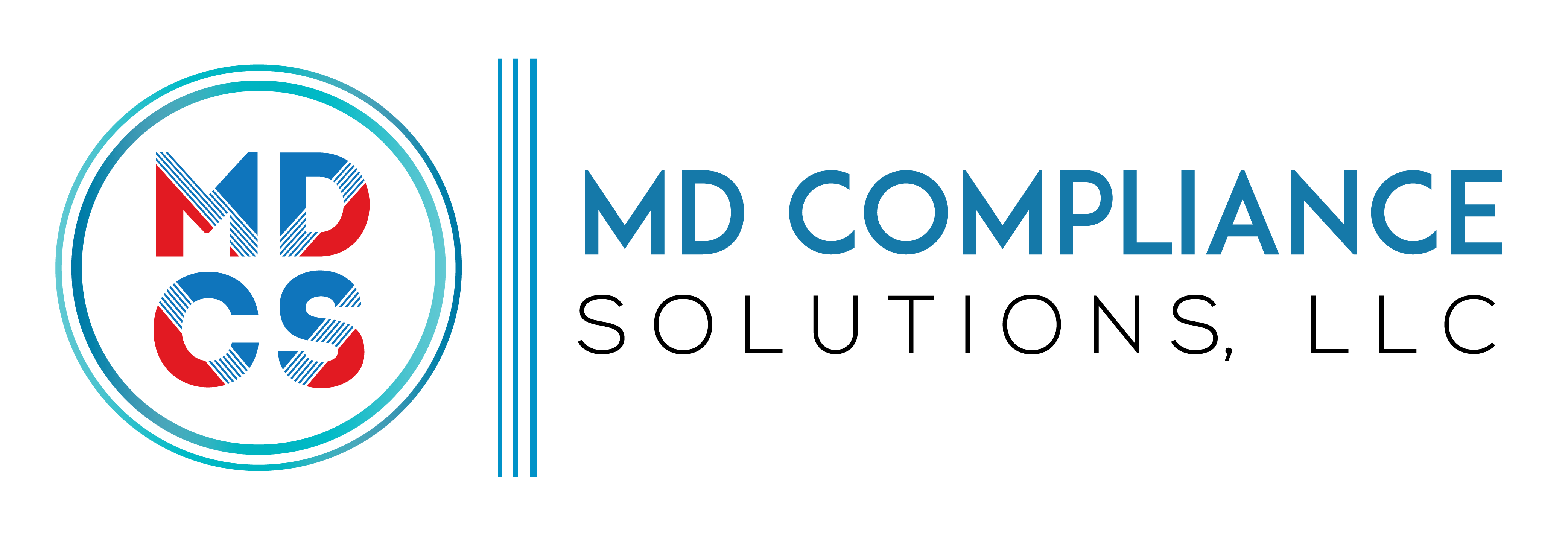Table of Contents
Overview of Medical Billing Services
In the healthcare industry medical billing services are an essential component of ensuring that healthcare providers are reimbursed services they offer. These services entail converting medical treatments into billing claims and being sent to insurance providers for reimbursement.
Healthcare providers would find it difficult to manage their finances without efficient medical billing, impairing their capacity to deliver high-quality care. Medical billing has changed dramatically over time. Paper claims were initially processed manually, but today’s processes use advanced software and computerized systems. Because of this evolution, the billing process is now more efficient and less prone to error.
What is the Medical Billing Process?
Understanding the medical billing process is decisive for appreciating its complexity and position. Here’s a step-by-step breakdown:
- The first step is to gather patient information including personal and insurance details.
- Confirming the patient’s insurance coverage and benefits.
- Assigning standardized codes to the services provided using ICD-10, CPT, and HCPCS codes.
- Entering charges for the services rendered into the billing system.
- Sending the claims to insurance companies electronically.
- Recording payments from insurance companies and patients.
- Addressing and correcting any denied claims.
- Sending bills to patients for any remaining balance.
- Ensuring timely payment and addressing any outstanding issues.
- In case of any delay, the healthcare provider might need to follow up with the insurance company to get clarification or correct any errors.
Remember, that medical billers, coders, healthcare providers, and insurance companies are the key stakeholders in this process. Each of them is vital to the smooth operation of medical billing. This is a general overview; precise steps may differ based on your healthcare provider (doctor, hospital, etc.) and insurance plan.
Types of Medical Billing Services
Medical billing services come in various forms, each suited to different needs:
- In-House Medical Billing: Trained workers manage the healthcare center. This strategy provides direct control but can be resource-intensive.
- Outsourced Medical Billing: External companies that specialize in medical billing handle the process. This alternative is less expensive and easier for healthcare providers to manage.
- Software-Based Medical Billing: Uses advanced software to automate and manage the billing process. This strategy improves accuracy and efficiency.
Advantages of Medical Billing Services
Implementing medical billing services offers numerous benefits:
- Medical billing companies employ seasoned professionals who are well-versed in intricate medical codes and insurance laws. This experience reduces errors in claim submissions, resulting in fewer claim denials and increased revenue for your clinic.
- Medical billing services improve efficiency, and streamline the billing process, saving time and resources.
- This process has many financial benefits, as it ensures timely reimbursement, improving the financial health of healthcare providers.
By contracting out billing, you and your team can spend more time doing what counts: giving patients the best treatment possible. You can reduce the amount of administrative work and concentrate on providing high-quality medical care. You just concentrate on the patient’s treatment.

Obstacles in Medical Billing
Despite its benefits, medical billing is not without challenges:
- The common Issues are coding errors, claim denials, and payment delays. Keeping up with changes in insurance plans, eligibility rules, and prior authorization requirements is an ongoing problem.
- Unsatisfactory patient outcomes and financial pressure might result from inefficient billing. Thus, a reliable healthcare provider is essential to minimize your problems.
- To be compliant, ICD-10 diagnoses and CPT codes for operations must be thoroughly understood and updated regularly. Even slight errors can result in claim denials.
- Denied claims necessitate further investigation, additional documentation, and potentially lengthy appeals processes to be reimbursed.
- Miscommunication among healthcare professionals, patients, and insurance companies about procedures, coverage, and billing can result in confusion and delays.
Selecting the Right Medical Billing Service
Selecting an appropriate medical billing service is critical for optimizing benefits: It can significantly impact your practice’s revenue cycle and free up valuable time for you and your staff. As a result, when selecting a service, you need to consider a few factors.
- The first step is to assess the size of the practice, the number of claims, the budget, and special requirements. Better still, seek for a company that has experience with your specific requirement particularly (dermatology, pediatrics, etc.). This guarantees they comprehend the subtleties of your service billing and applicable coding.
- It is highly suggested to compare service providers with a solid track record in medical billing for years. Evaluate suppliers based on their experience, reputation, and service offerings.
- Make sure they are open and honest about their performance indicators, such as their clean claim rate, which is the proportion of claims, approved on the first try.
- Provide service estimates whenever possible and offer a variety of payment choices. Analyze data to pinpoint areas for improvement and enhance billing procedures.
Medical Billing Software
- An essential requirement to verify in contemporary billing procedures is the use of advanced medical billing software.
2. A user-friendly interface, strong reporting features, connectivity with EHR systems, and regulatory compliance are all features to look for. It can help to improve efficiency, accuracy, and cash flow.
3. Today’s widely used medical billing programs include several well-known choices such as DrChrono, AdvancedMD, AthenaOne, and Kareo. These are just a few examples; there are many more alternatives available.
What is the Role of Medical Billers?
Medical billers play a critical role in the healthcare revenue cycle:
- Responsibilities and Skills include understanding coding, managing claims, and addressing denials. Strong analytical and communication skills are essential.
- Official training and certification courses—like those provided by AHIMA and AAPC—improve credibility and competency.
- Insurance company reimbursements are faster, which means you will have to wait less for your money.
- Conduct regular internal audits to identify errors or inconsistencies in billing practices and implement corrective measures.
Compliance and Regulations
Keeping in mind, that compliance with regulatory requirements is dynamic in medical billing:
- Ensuring patient privacy and secure handling of health information as per HIPAA and other regulatory requirements. Inquire about their data security processes to guarantee, that your practice information and patient data are secured.
- Compliance is very imperative and should never be disregarded. There may be legal repercussions and reputational harm for non-compliance.
- Prioritize clear, consistent communication. Discuss how frequently you will receive reports and how you can contact them with any questions or concerns.
- Clear understanding of the pricing structure they use. A combination of flat fees per claim or a percentage of collections are common alternatives. To prevent surprises, obtain a thorough explanation of all fees.
Technology’s Effect on Medical Billing
In the fast-paced world ever-changing technology has revolutionized medical billing:
- Electronic health records (EHR), artificial intelligence (AI), and machine learning are transforming billing practices.
- The medical billing industry is expected to be shaped by telemedicine integration, blockchain technology, and predictive analytics.
- Maintain clear and thorough patient records, including diagnosis, procedures, and pertinent information. This assures proper coding and lowers the number of claims denied due to missing information.
- Medical billing firms will have to adjust as healthcare moves toward value-based care models in order to measure and report quality metrics in addition to costs.
- With the rising reliance on technology, strong cybersecurity measures will be required to protect sensitive patient data. Medical billing providers will need to emphasize data security practices to avoid breaches.
Patient Experience and Medical Billing
Patient experience and medical billing are inextricably related. A complex or difficult billing process can detract from a great therapeutic experience and harm a healthcare provider’s reputation. Medical billing also impacts patient experience:
- Transparent billing practices and efficient handling of claims enhance patient trust and satisfaction.
- Clear communication about costs and billing processes helps patients understand their financial responsibilities.
- Unexpected charges or unclear explanations can cause annoyance and anxiety. Surprise bills or large out-of-pocket expenditures can put a strain on patients’ finances, causing them to delay or miss treatments.
- Billing concerns can undermine trust and disrupt relationships between patients and healthcare providers. Patients may be unwilling to return for further treatments. Frustrated patients are more inclined to submit bad internet reviews, which can harm the practice’s reputation. Have staff trained to respond to billing queries and complaints in a timely and professional manner? Provide flexible payment schedules as needed.
The Future of Medical Billing Services
The future of medical billing is promising, with several trends emerging:
- Continued technological advancements will further streamline the billing process.
- Healthcare providers must stay informed about trends and adapt to new technologies to remain competitive.
- AI can automate repetitive processes, claim cleaning, coding, and rejection management, freeing up human resources for more complex work.
- The increasing use of telehealth services demands strong billing solutions for virtual consultations to ensure correct coding and reimbursement. Choose a company that can expand its offerings to meet future demands.
Effective Use of Medical Billing
Real-world examples highlight the effectiveness of medical billing services:
- To use the medical billing software, a mid-sized clinic improved its reimbursement rate by 20% after outsourcing its billing.
- Implementation of advanced billing software reduced claim denials by 30%.
- Consider outsourcing specialized jobs such as coding or denial management if they improve efficiency or fill skill gaps on your team. Provide the relevant paperwork to expedite resolutions and prevent delays.
Taking It Further
If you have enough time, you can seek proposals, and shortlist the companies, seeking written proposals explaining their services, costs, and experience. Further, a better idea to conduct the interviews with the shortlisted companies to ask further questions and get a sense of their team and communication style.
Final Thoughts
The foundation of the healthcare sector is heavily dependent on medical billing services, which guarantee that providers are paid promptly and accurately for their services. With the comprehensive introduction to medical billing, which covers everything from understanding the billing process to selecting the finest provider and making use of technology, I hope you will see the significance of this. Healthcare providers can increase patient cheerfulness and their financial situation by resolving obstacles and adhering to rules. Remember, effective medical billing is an ongoing process that requires continuous monitoring and adjustments for optimal results.
Related Reading: Why is outsourcing to a medical coding and billing company beneficial to a medical practice?

